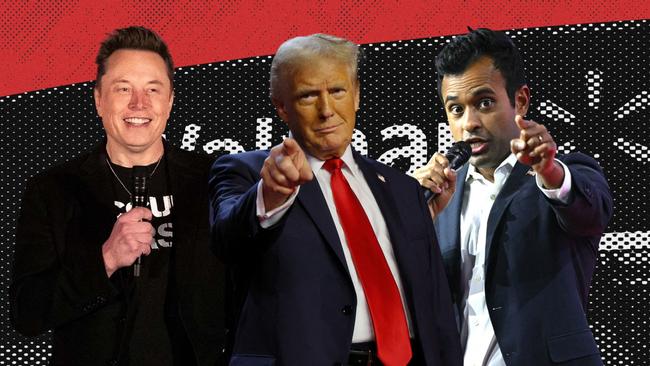
The threatened backlash from the black and LGBTQ farming communities never arrived. Instead, a stampede of companies followed in its wake. They included John Deere, Caterpillar, home improvement retailer Lowe’s, brewer Molson Coors and Harley-Davidson.
Last week, another high-profile defector climbed over the wall to flee wokeism. Walmart, the world’s largest retailer, announced it would no longer prioritise suppliers based on race and gender. Its staff will no longer be subject to racial equity training, and the company will stop sharing data with the Human Rights Campaign’s Corporate Equality Index. Appointments would be made purely on merit regardless of race, gender or sexual identity.
The New York Times’ coverage of the story was scathing. “This is Walmart preparing for a Trump presidency and Justice Department,” Amber Madison, a diversity, equity and inclusion consultant, told the newspaper.
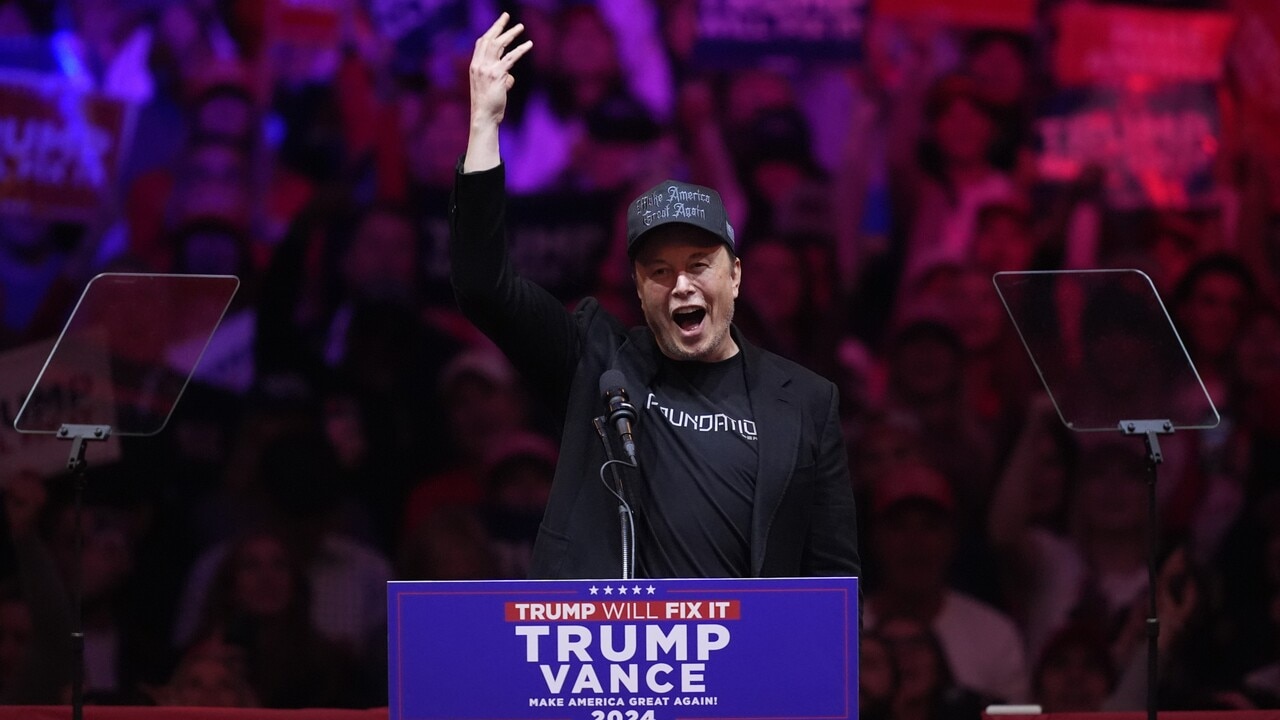
Donald Trump does not deserve all the credit for the decline of woke corporatism, but his election has undoubtedly accelerated the trend. Woke will be starved of federal funding, and universities will be pressured to roll back initiatives. The appointment of Vivek Ramaswamy to head the Department of Government Efficiency alongside Elon Musk signals that the jig is up. Ramaswamy is the author of Woke, Inc: Inside Corporate America’s Social Justice Scam.
On Saturday, The Wall Street Journal reported that companies were considering whether to scrub left-leaning policies from their websites. Some were scoping out appearances on conservative podcasts to gain the Trump administration’s attention. Ramaswamy told the Journal: “My inbox and text-message box looks like Niagara Falls.”
The delicate state of relations between the big end of town and the president-elect is testimony to the transformation of Republican politics under Trump. Big business and the Republicans were firm allies under Ronald Reagan and the two Bush administrations.
Indeed, Reagan’s strong personal and political relationships with business leaders were a defining feature of the presidency and helped drive his pro-market reforms.
Under Trump, however, the relationship has yet to be negotiated. Much of Trump’s reform program has the potential to create problems for the corporate sector. The green subsidies to which businesses became accustomed under Joe Biden are no longer assured. Tariffs on goods from China, Canada and Mexico would raise input costs and threaten exports. Closing the border and deporting illegal migrants may push up labour costs.
Historically, the progressive agenda of Democrat administrations meant that relations with businesses were uneasy. However, the change in progressive priorities this century from the redistribution of wealth to identity politics opened the door for the march through the institutions to occupy the corporate sector.
It coincided with the rise of the tech-industry based in Silicon Valley, reputed to be the wokest place on earth.
From Barack Obama’s administration onwards, the Democrat Party has become the political wing of woke corporate America. The relationship was consummated when the worldwide social democratic movement embraced the doctrine of the entrepreneurial state in which governments assume responsibility for driving the economy in a virtuous direction to encourage what its practitioners call “inclusive growth”. In practice, this means redirecting capital investment, subsidising operating losses and constraining consumer choice by regulation. Government largesse is factored into revenue forecasts of businesses, fostering an unseemly culture of corporate entitlement.
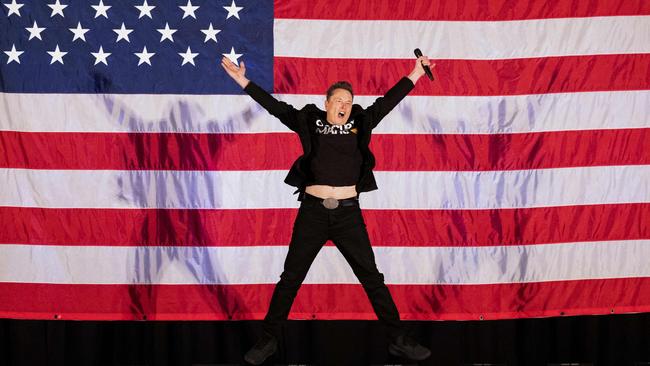
Trump’s second coming doesn’t threaten business, but it is catastrophic for the corporate elite – those who make a tangible profit out of woke policies on top of the warm inner glow.
Trump’s 2024 campaign rhetoric targeted the elite with precision. A UCLA study of Trump’s vocabulary found the pejorative use of the word elite had increased considerably since his earlier campaign. He took aim at the “media elites”, “the political elites”, and “the elites who only want to raise more money for global corporations”, pitting them against the people he calls “us”.
In a single syllable, Trump throws the weight of his party against the entire woke establishment. As Thomas Sowell perceptively described them in 1995, they are the anointed ones, the educated, articulate and self-assured people who flatter themselves that they see the world in a sharper light than the uninformed, irresponsible and ill-bred masses.
Trump’s recalibration of the Republican Party to place it squarely in opposition to the elite is a response to a new fault line that runs through political and cultural life.
In an influential essay published at the start of Obama’s first term, conservative writer Angelo M. Codevilla noted the increasing polarisation between a college-educated would-be ruling class and the people he called the country class.
The ruling class was the product of “an educational system that exposed them to the same ideas”, he wrote. “These amount to a social canon of judgment about good and evil, complete with secular sacred history, sins (against minorities and the environment), and saints.”
The division that matters in contemporary politics is not between left and right, north and south, or even Democrats and Republicans. Yet, the legacy parties have been slow to adjust to the changed landscape. To Codevilla, writing in 2010, it was far from clear on which side of the fence conservative parties stood on the heated political issues of their day. Had they joined the climate panic, or were they resisting it? Were they for Brexit or against it? Did they support the diversity, equity and inclusion doctrine or recognise its inherent dangers? Did they back minority rights or recognise their corrosive effect on the civic fabric?
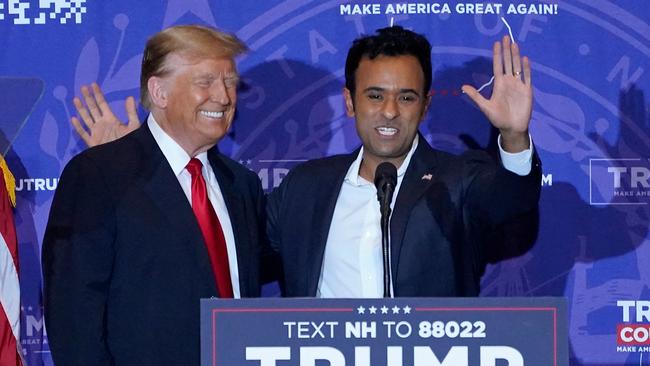
Trump has cleared up any lingering confusion. In 2016, Trump was widely seen by the Republican establishment as an agitator who would divert it from its sacred course. In time, Trump may be recognised as the one who saved it from death by mediocrity as an ineffective, chaotic and utterly unmemorable band of fence-sitters, too timid to confront the profoundly divisive force of identity politics and save America from destroying its economy in a futile quest for net zero.
Trump’s first primary win in 2014 shocked the Republican establishment, who fretted about the ease with which the Grand Old Party had been requisitioned by a usurper intent on satisfying his ego. With Trump’s second victory, the real nature of Trumpism is clear. It is not the cult of personality his first term in office seemed so often to resemble, nor is it a surrender to populism or a lurch to the right.
It is a belated realisation that woke isn’t just an irritating sideshow but the main game. It recognises the woke vision has harmed our institutions and traditions irreparably and weakened the social fabric.
Far from an attack on democracy, Trumpism is a movement to reinforce national sovereignty and wrest power back from the deep state, returning decisions to elected bodies. It is a return to the virtues of freedom and accountability noted by Alexis de Tocqueville in the first volume of Democracy in America in 1835.
Those entrusted to direct public affairs in the US “may frequently be faithless and frequently mistaken,” de Tocqueville wrote. “But they will never systematically adopt a line of conduct hostile to the majority.”



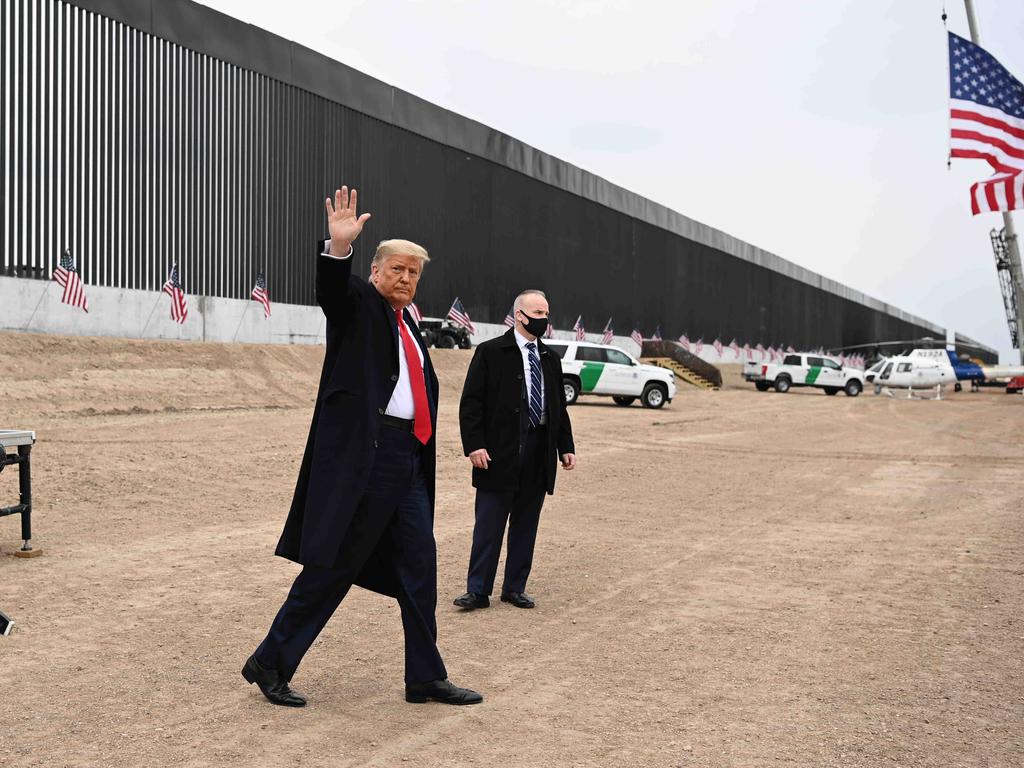
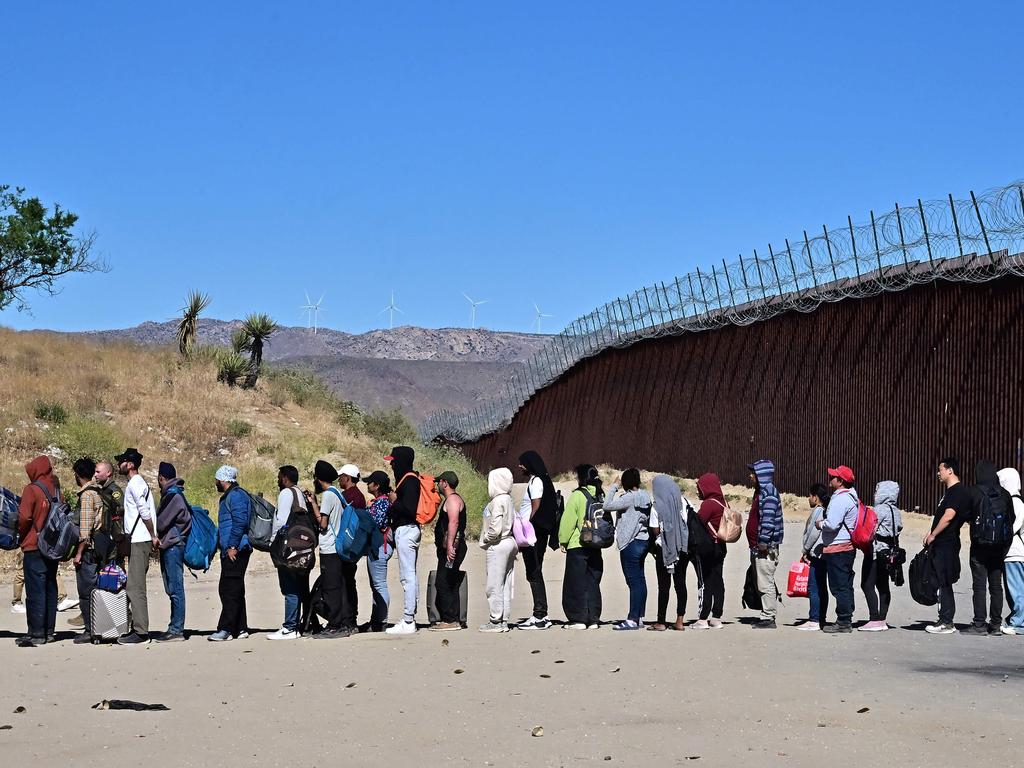

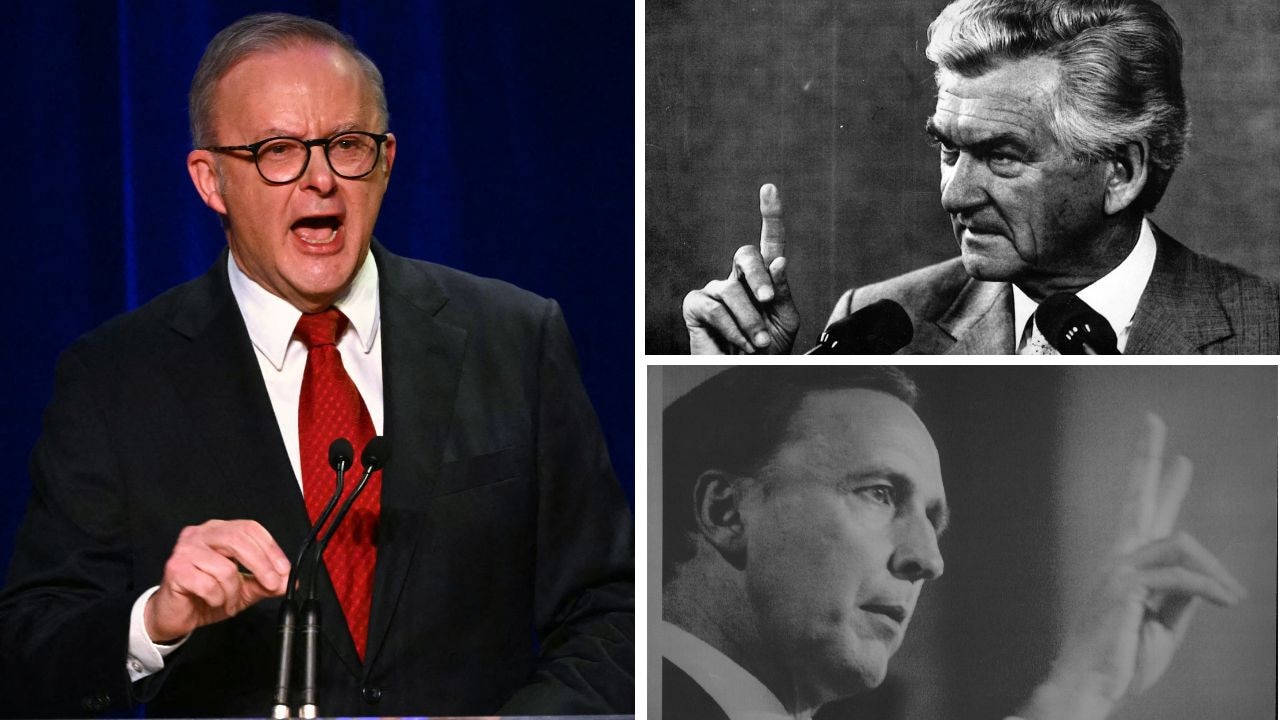
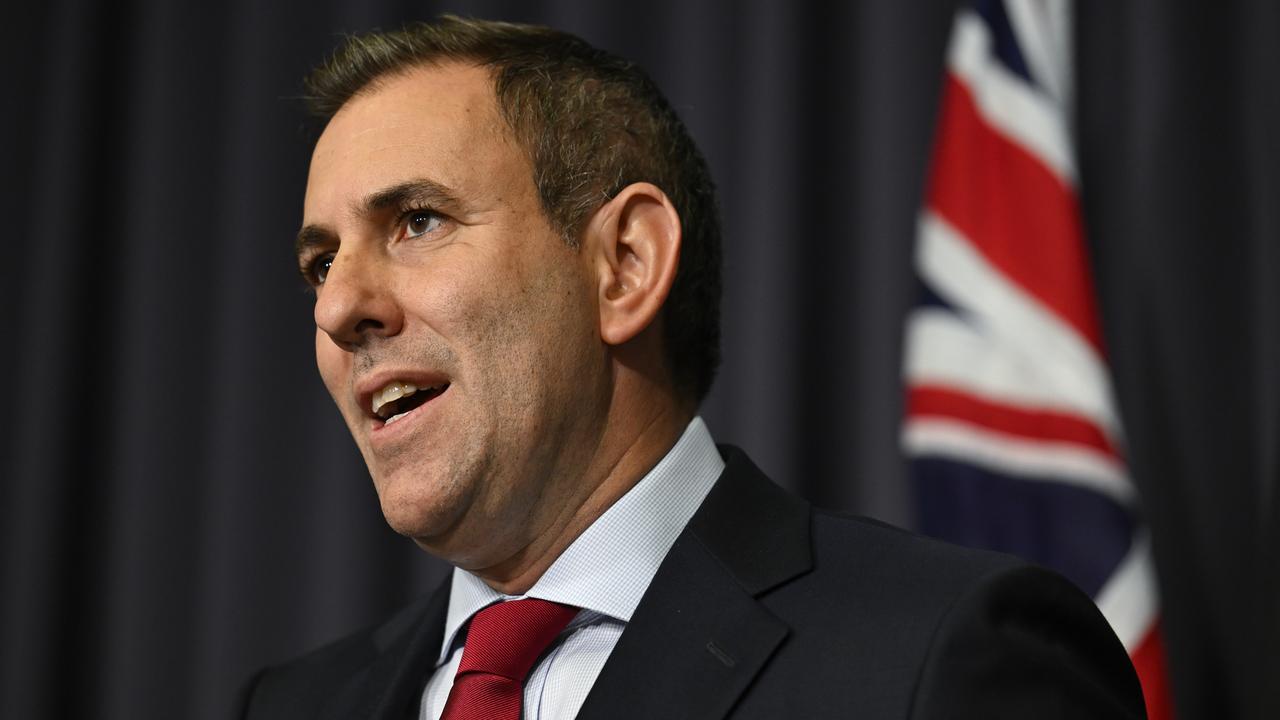
In June, the American retailer Tractor Supply abandoned its decarbonisation goals and began to de-woke instead. It shelved its diversity, equity and inclusion program and declared that appointments and contracts would be decided purely on merit.